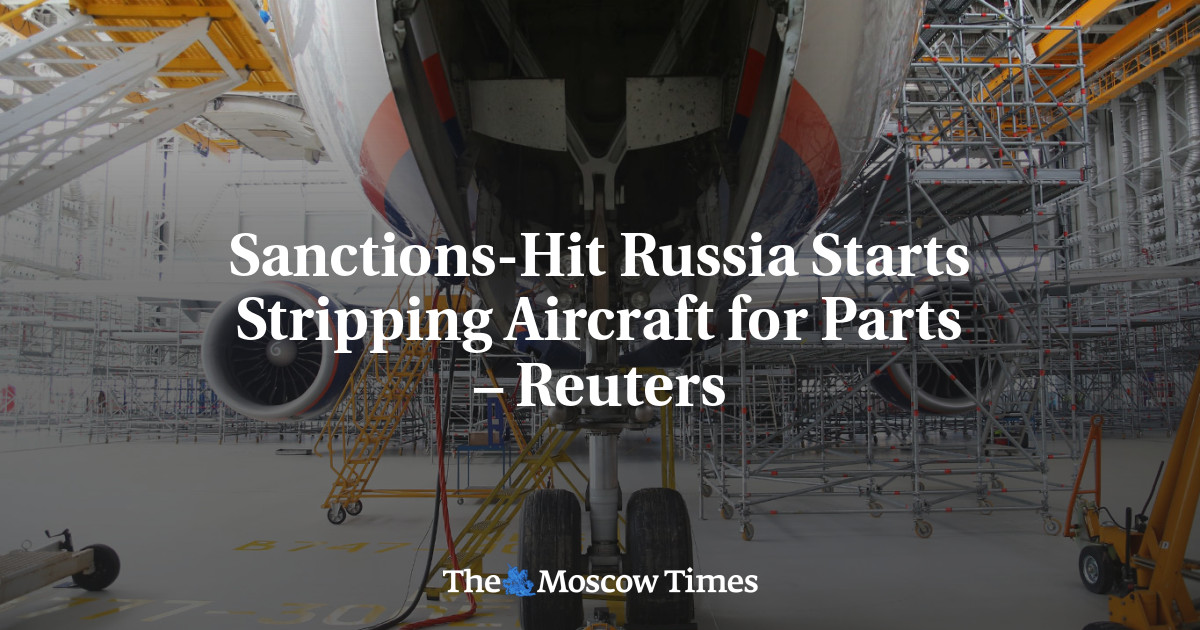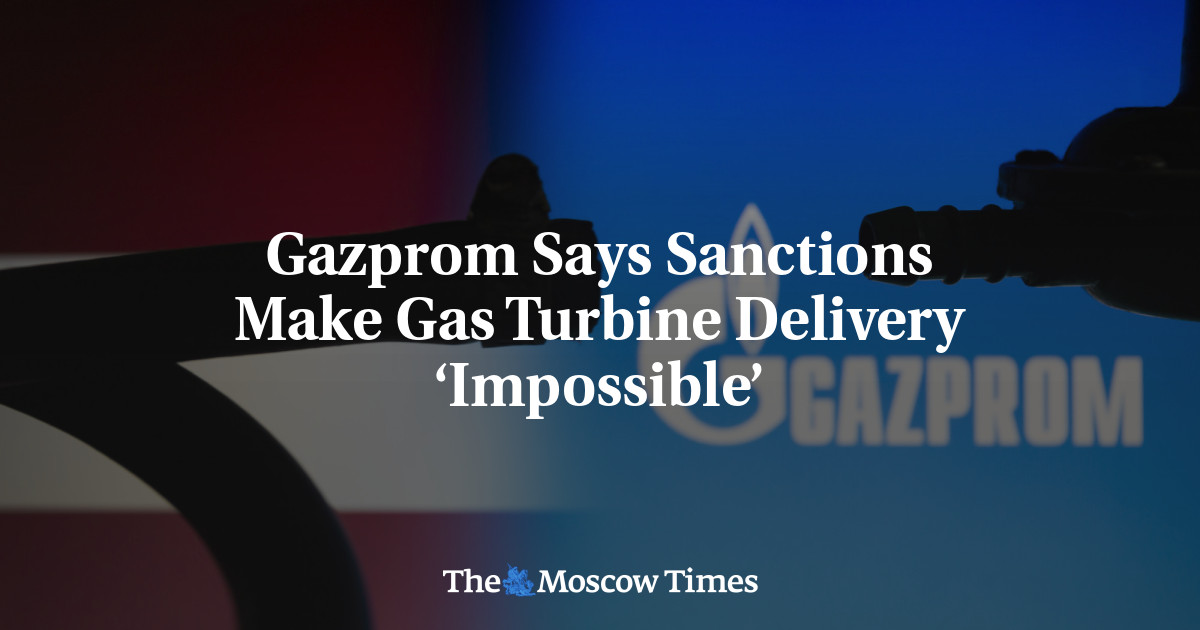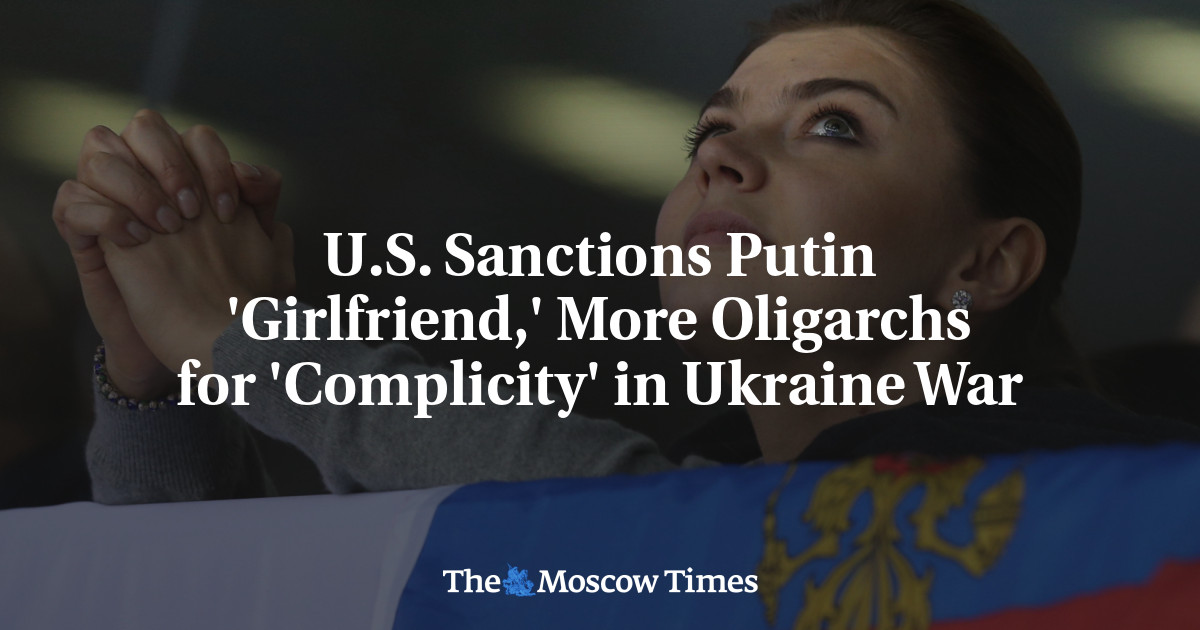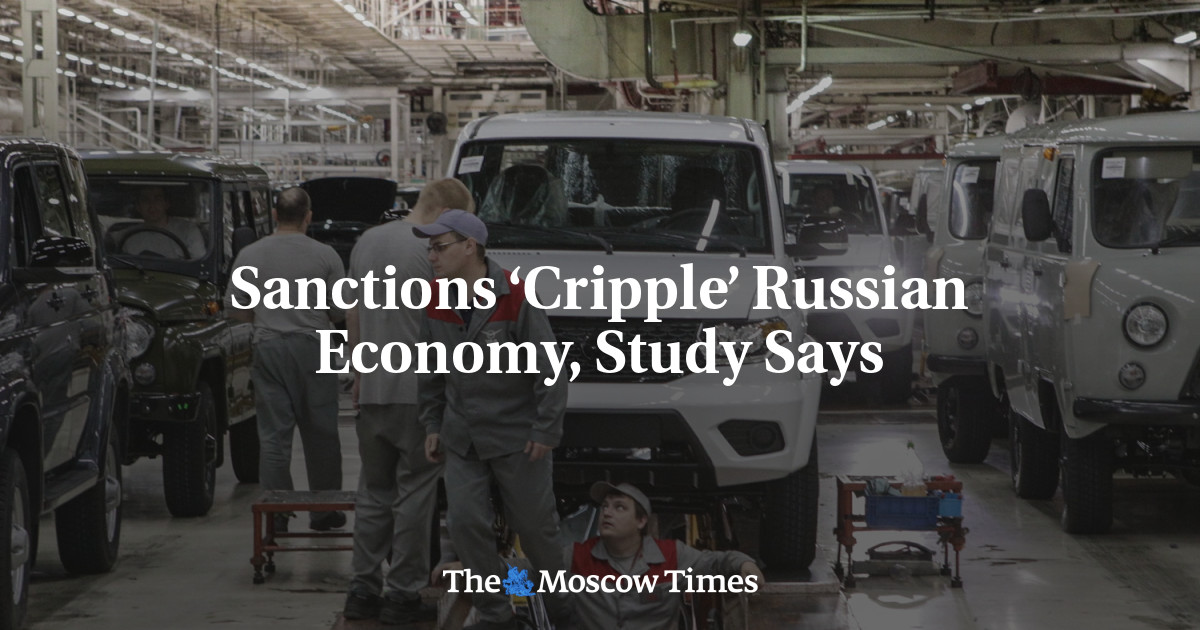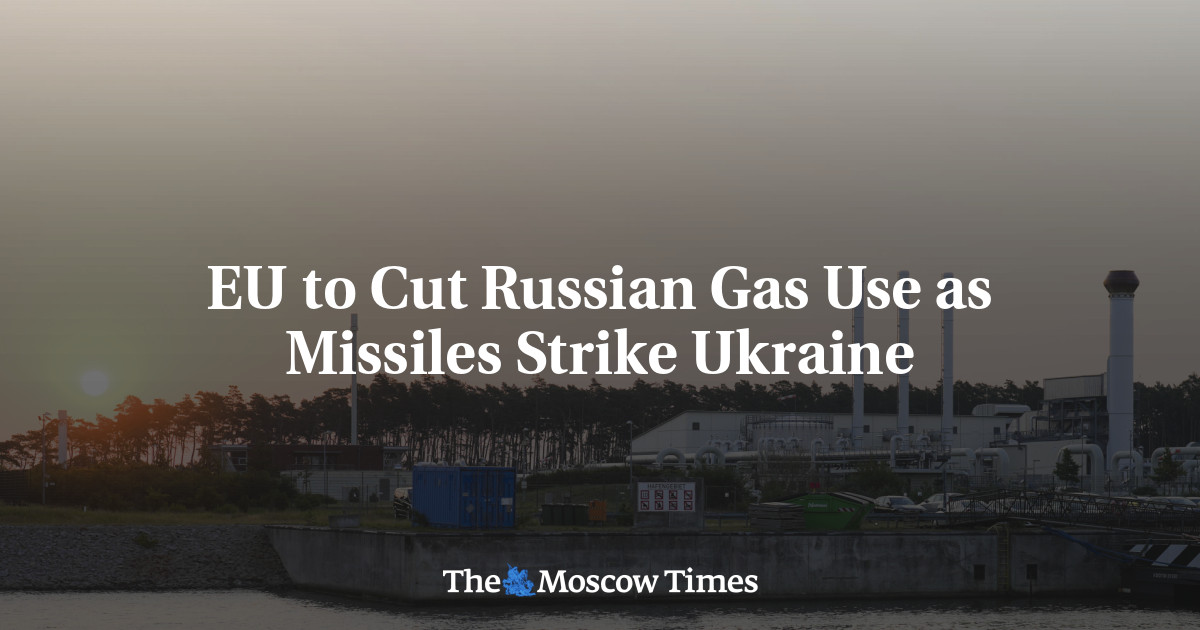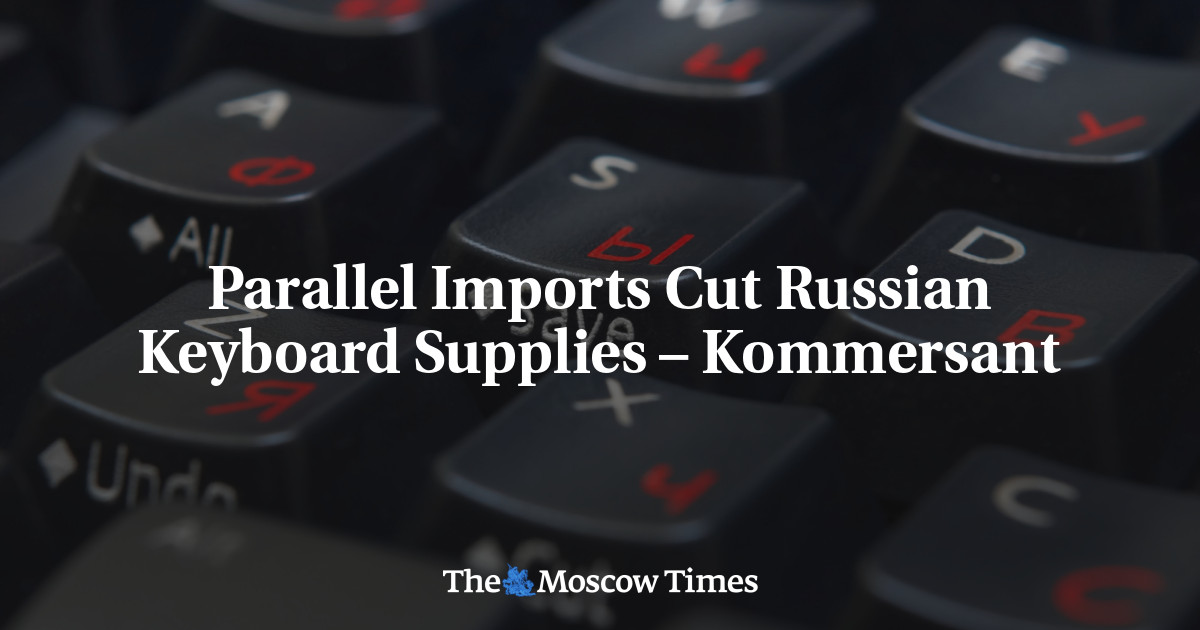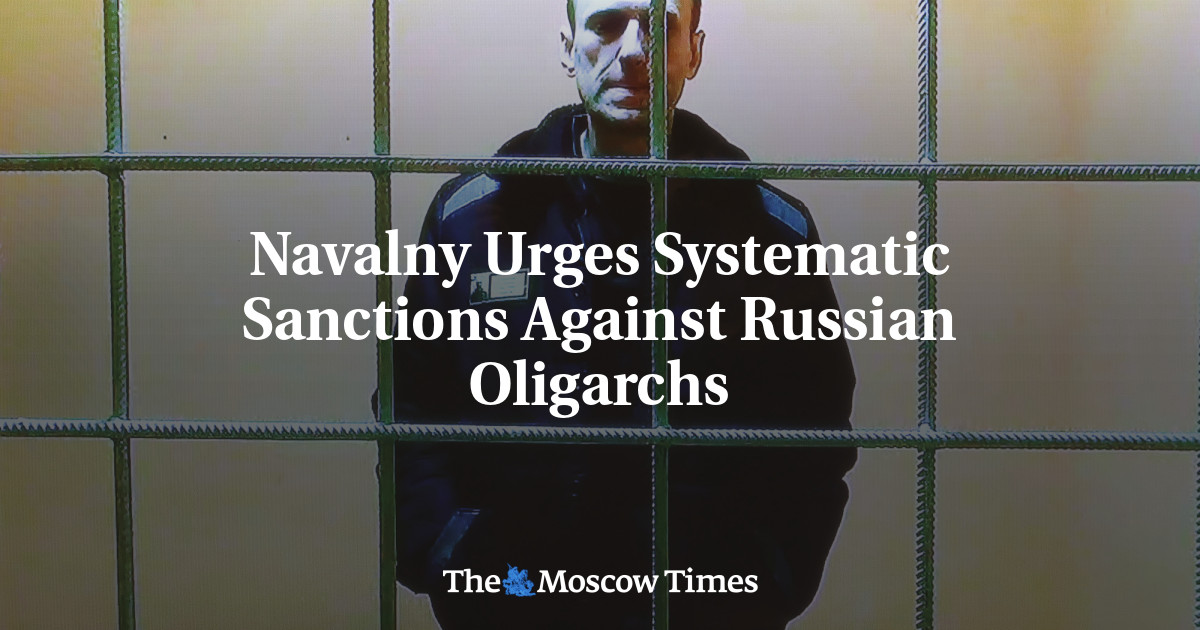
Jailed Kremlin critic Alexei Navalny on Tuesday called for systematic punitive measures against Russian oligarchs supporting Russia's President Vladimir Putin and his military operation in Ukraine.
In a lengthy social media post, he said that Western sanctions -- by the United States, European Union or the United Kingdom -- have only targeted 46 of the Forbes list of Russia's 200 richest people.
"That doesn't sound very much like an all-out war on Putin's oligarchs to me," Navalny said.
According to him, the head of Russian gas giant Gazprom, Alexei Miller, was still not on the EU sanctions list.
Navalny said that famed Russian oligarch -- and former Chelsea football club owner -- Roman Abramovich had so far escaped US sanctions, despite his companies "supplying metal to the Russian defence ministry".
"We can't expect a split among Putin's elite on the issue of war if, despite a lot of chatter, we still don't use the stick against them, while allowing them to keep all their carrots," he said.
"I call on all voters and legislators in the EU, UK, US and Canada to put pressure on the executive branch and force them to stop engaging in demagoguery and urgently get down to massive personal sanctions against Putin's thieves."
He also suggested that the European Union, United States and United Kingdom ban anyone supporting the Russian military offensive in Ukraine from their soil "for 20 years".
Navalny is serving a nine-year prison sentence in a penal colony near the Russian town of Vladimir on embezzlement charges that he and his allies say are politically motivated.
But he has continued to pass on messages to his lawyers.
Navalny, 46, rose to prominence as an anti-corruption blogger and, before his imprisonment, mobilised anti-government protests across Russia.
In 2020, he barely survived a poisoning attack that he has blamed on the Russian authorities, but in which the Kremlin has denied any involvement.
He was arrested last year on his return from treatment in Germany, sparking widespread condemnation abroad.
His anti-corruption organisation has drafted a list of more than 6,000 officials it accuses of backing the Russian operation in neighbouring Ukraine.
Source https://www.globalcourant.com/navalny-urges-systematic-sanctions-against-russian-oligarchs/?feed_id=11833&_unique_id=62fc16f662445

